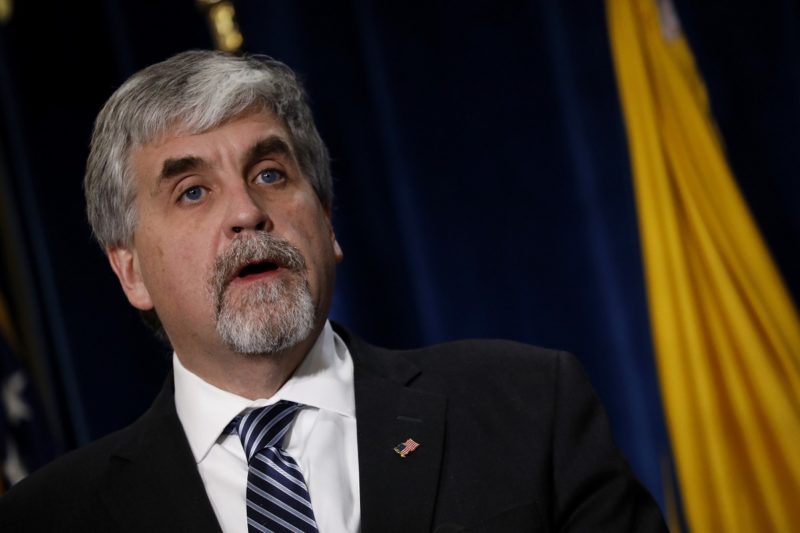Trump Officials Unveil All-Out Religious Attack on Health-Care Services
Hardline religious imposition activists in the Trump administration "could eviscerate the delivery of high-quality family planning services and supplies."

The U.S. Department of Health and Human Services (HHS) on Friday took new steps to advance the Trump administration’s anti-choice agenda and to back health-care providers who don’t want to treat LGBTQ patients or provide reproductive services, including contraception, miscarriage management, and abortion care.
First the administration announced it was rescinding a guidance from the Obama administration regarding the federal freedom of choice provision in Medicaid. That guidance, issued in 2016, explained that ending Medicaid funding for health-care providers that offer abortions would violate federal law. The Obama administration issued the guidance in response to state-level GOP efforts to defund Planned Parenthood.
By rescinding that guidance, the Trump administration is signaling to states it will likely support efforts to ban Planned Parenthood from receiving Medicaid reimbursements.
Friday’s rescission follows legislation signed by Trump in April that ended a rule barring state and local governments from withholding federal funding for family planning services from organizations that provide abortion care.
Second, the administration announced a notice of a proposed rule HHS states is designed to “ensure compliance” with federal conscience protections but that in reality is poised to greatly expand the ability of health-care professionals to claim religious or moral exemptions from providing care and services.
“Rescinding Obama-era guidance that reinforced bedrock Medicaid family planning protections, coupled with seeking to broaden an ability to refuse to provide medically appropriate care without regard for patients, could eviscerate the delivery of high-quality family planning services and supplies,” Clare Coleman, president and CEO of the National Family Planning & Reproductive Health Association, said in a statement. “These policies may particularly exacerbate obstacles to care for poor and low-income individuals who already have fewer access points to the care they need.”
The proposed rule would provide a legal pathway for health-care providers to deny medical treatment and care based on religious or moral objections to the care sought. The rule mentions abortion and sterilization care, but the language is broad enough that it could include any services a health-care provider claimed a moral or religious objection to providing. Health-care providers that refuse to provide a particular service or treat a patient would not be required to refer that person to another provider.
The rule would open avenues for health-care providers to engage in practices like religious counseling for patients, all while receiving federal funding. This could mean health-care providers that engage in so-called conversion therapy, which has been found to be so harmful to LGBTQ people that many states have banned the practice, could not only legally engage in the practice, but receive federal financial support to do so.
It is unclear what effect the rule would have on those laws that affirmatively ban the practice. But language in the proposed rule suggests those laws and others that mandate fake clinics, or crisis pregnancy centers, must disclose that they do not offer comprehensive reproductive health-care services, would be considered “per se discriminatory” by HHS. That could create a mechanism for the administration to challenge those kinds of laws designed to require fake clinics to tell the truth.
The proposed rule would preempt state laws like those in California and Oregon that require health insurance plans offer coverage for essential health services like abortion.
The agency’s Office of Civil Rights (OCR) has full enforcement authority under the proposed rule. On Thursday the administration announced it was creating a Conscience and Religious Freedom Division within OCR, which will back discrimination in health-care services. Friday’s proposed rule would outline what that new division’s role will be in HHS.
Under rulemaking procedure the public will now have a 60-day period to offer comments on the proposed rule. The agency will release a final version of the rule following that process.
